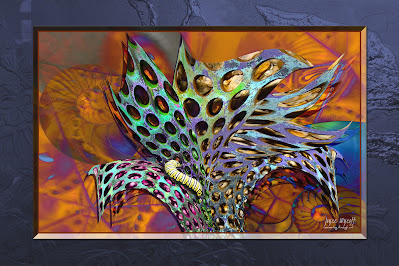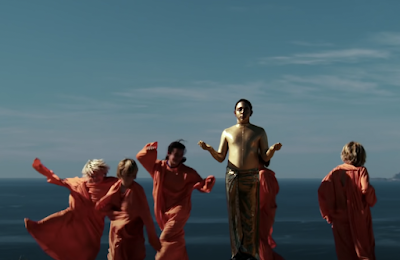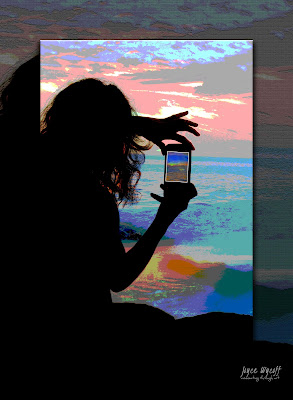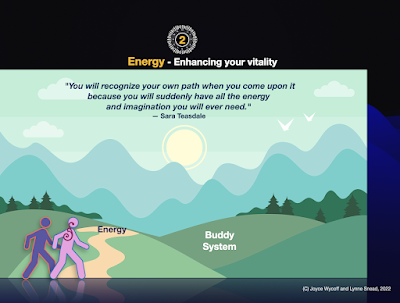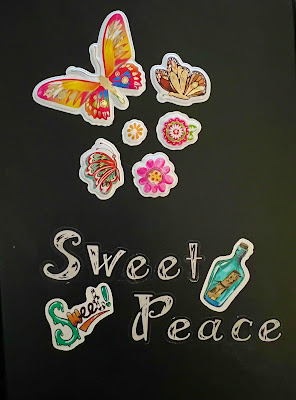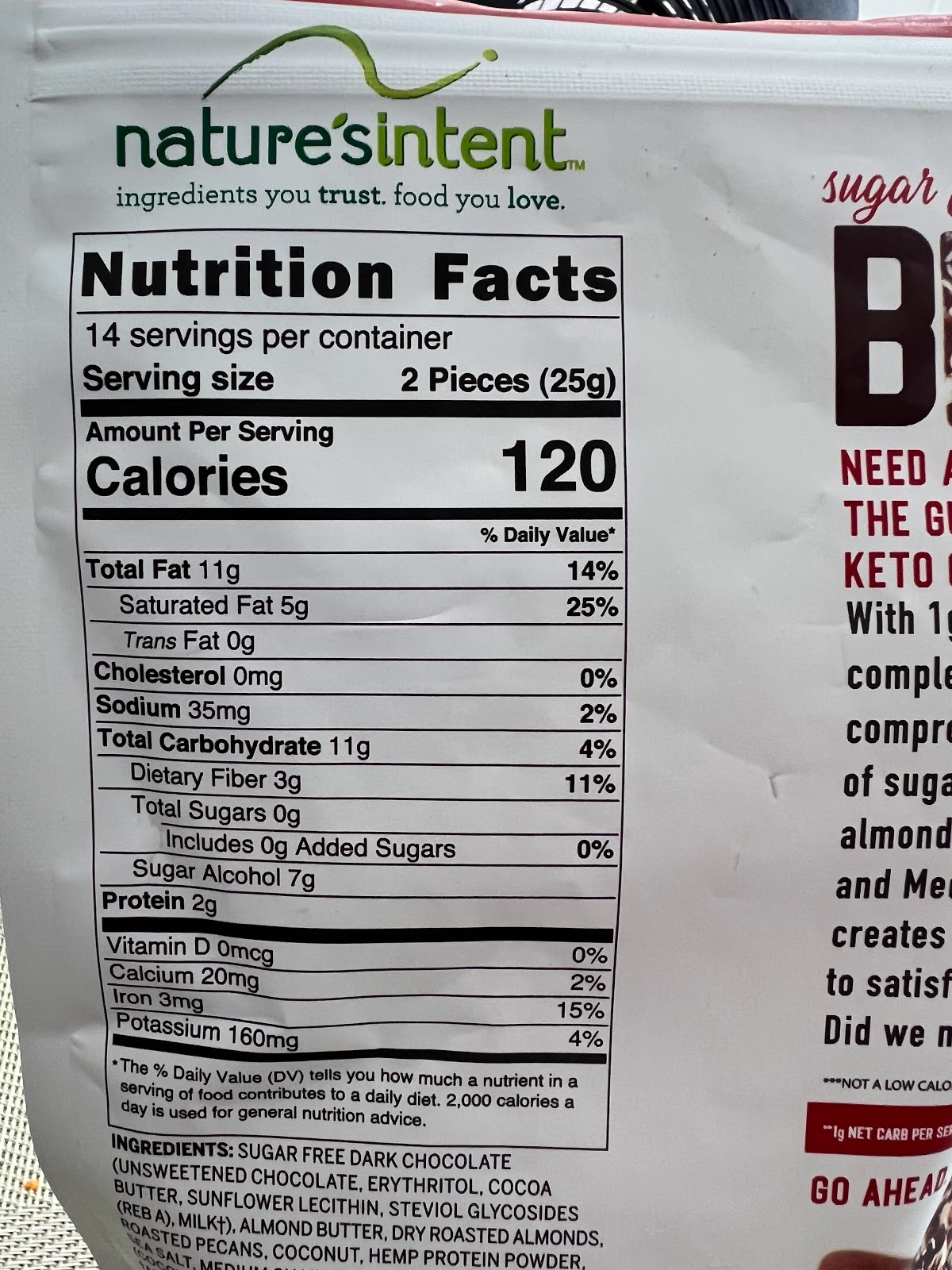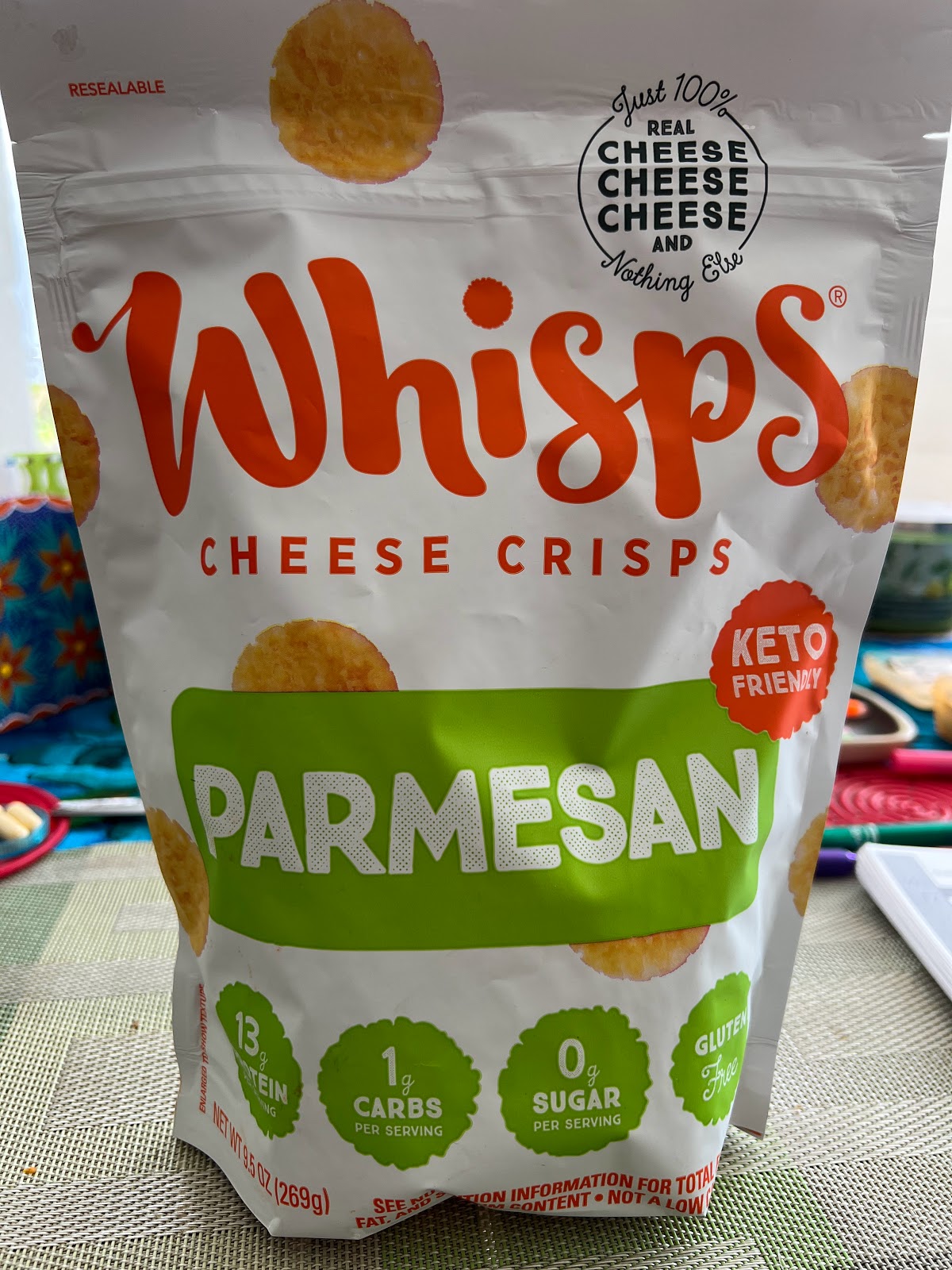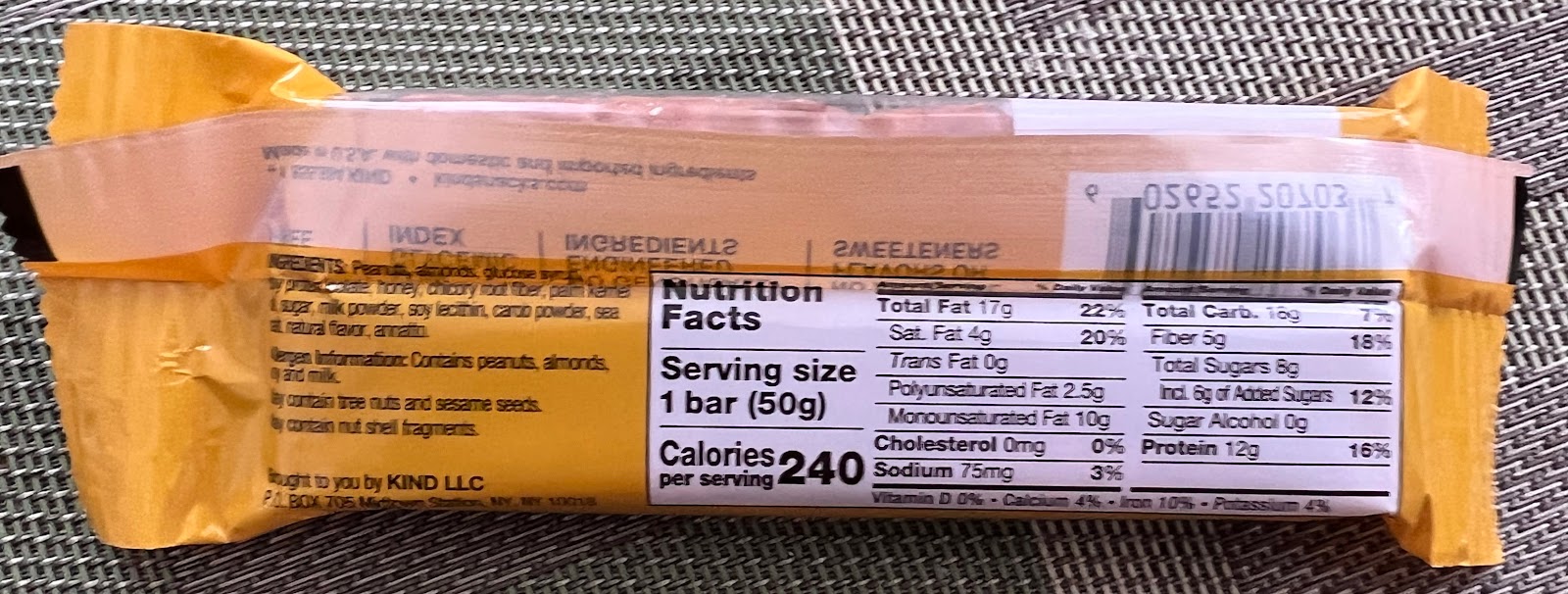 |
| Found on campus |
(We know the day we were born, but most of us do not know the day we will die. This love letter to my life is written on the day I've designated as my death day: the 17th of every month, and reminds me to be grateful for my joy-filled life. Joyce Wycoff)
Occasionally, there is a golden moment when a major project begins to wind down and no other project stands in line demanding attention. It is a sweetly quiet time where possibility stretches to the far horizon and idea waves break gently on the shore.
Small tasks have moved forward slowly on a long turned-off conveyor belt of shoulds. The printer is finally unboxed, the in-basket of bills and trivia are filed or tossed, the dust-bunnies routed from under the bed, and, yesterday morning, the overdue laundry finally advanced to the laundry room.
It was quiet there, only one other person who seemed as loathe to break the morning silence as I. After pushing all the buttons to start the machinery, I sat down with coffee and journal and began to pick up threads from times gone by. Ideas that came and went; people once here and now not; plans, big and small, some done, some dropped.
In the midst of this quiet reflection, a question plopped into the pool: Why are we here? Followed by: What’s next? Not in the sense of what’s my next project, but in what’s next after this life? I thought about that a lot when I was a kid and concluded that heaven was a good idea although it sounded a bit boring floating around on a cloud, singing hosannahs.
As a lonely, only child, I was attracted to church even though my immediate family did not attend; that’s where the kids were. At a tent revival meeting, I heard a preacher say something that has stuck with me all these years: science and religion are not in conflict; it’s only the interpretation of them that differs.
Over time, I’ve remained fascinated by the relationship of science and spirituality, however, the question of afterlife slipped to the back of the line, deemed unknowable and not important for now, hovering for some quiet moment in the future. Apparently that moment was yesterday, when nothing else was clamoring for attention. And, as books are wont to do, one showed up just this week: new but waving a flag from before. An update on a story unfinished.
In 2008, a neurosurgeon was struck by a bacterial brain infection and, within hours, was in a deep coma, where he stayed for a week before making a complete recovery. He returned with a tale of a stunning and baffling journey. Dr. Eben Alexander described his story in his best-selling book: Proof of Heaven: a Neurosurgeon’s Journey into the Afterlife.
The story captivated me with its compelling description and promise of unconditional, universal love, and the interconnection of all life. I wound up filing it on the “I wonder?” shelf. Now he’s back with another book with a high-powered array of scientific-sounding cover quotes. So, I plunged into Living in a Mindful Universe, a Neurosurgeon’s Journey into the Heart of Consciousness with great hope and anticipation.
Since science hasn’t been able to find a fixed location in the brain for either memory or consciousness, both have been handed off to the less definable category of “mind,” where, of course, things are much fuzzier. Alexander’s journey is an example of walking on the fuzzy side, a beautiful and hopeful side.
I watched a couple of YouTubes which present the same story with tones of awe and wonder, and then pulled myself into amazon reviews, hoping for more confirmation. I start with the 1-star reviews, as usual, expecting the standard fare of irrelevant issues and sour grapes. Instead, I find serious debunking. Moving to the 5s, I find serious rhapsodies, most pointing to his credibility as a neurosurgeon, a man of science.
The debunking reviews led me to an Esquire story by Luke Dittrich titled “The Prophet,” (link below) which is where the whole tale fell apart. With the amazon reviews, I began to question the story; with the Esquire story, I began to question myself.
What I learned about myself through this brief journey was that I have a marked bias toward the positive. I want to believe in goodness and miracles (the everyday type), and that we live in a beneficent Universe. I hold onto these beliefs in good times and challenging ones and believe that, overall, they make my life better.
Fortunately, I also believe firmly in science and truth and the process of looking into things which seem too good to be true. I want to share and spread good news, but only if it’s true, even if only experientially by a reliable source.
Perhaps I am a Pollyanna Skeptic.
The Esquire article: https://www.esquire.com/entertainment/interviews/a23248/the-prophet/

